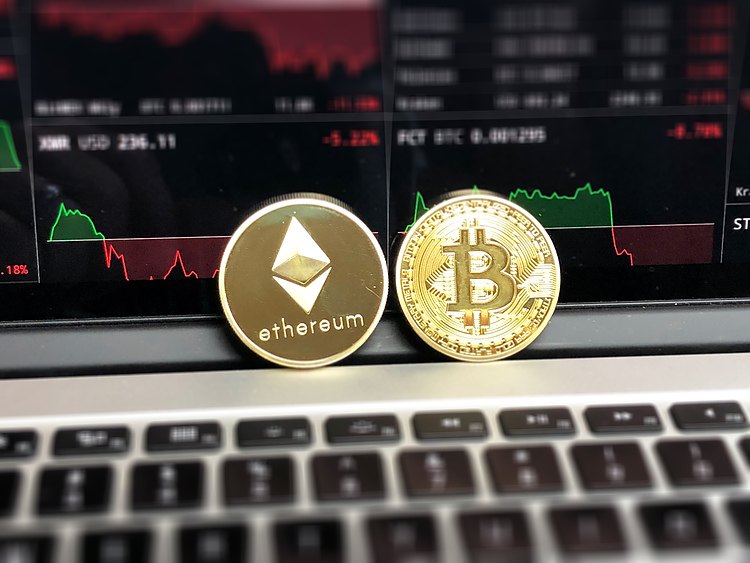
- Ethereum co-founder Gavin Wood has warned crypto investors of a crash in Solana, BNB, XRP and Cardano.
- Solana recently suffered a blight of operational issues in the past and its blockchain is running thirty minutes behind schedule, after failure to process transactions for hours.
- Delay in transaction processing negatively influences staking rewards, fewer epochs affect earnings delegators on the Solana network.
Solana blockchain slows down, fueling a bearish sentiment among investors. Ethereum co-founder has a negative outlook on Solana and predicted a market crash.
Gavin Wood issues a stark warning to investors
Ethereum co-founder issued a warning to altcoin holders against a drop in Solana price. Wood believes after losing $1 trillion in the recent bloodbath, the crypto market could witness further decline. Cryptocurrencies like Solana, BNB, XRP and Cardano could plummet in response to the price drop.
Wood told Reuters at the World Economic Forum in Davos,
I would hope that people pay more attention to what is belying the currency name when they get involved in a community, ecosystem, economy. The technology cannot prevent people from making mistakes but can help those who want to understand better the facts of the world, what they’re buying.
The colossal crash in LUNA and UST sparked a doubt among crypto investors and led to fears among holders. Gavin Wood believes Solana price could swing wildly in response to the volatility in the crypto market.
Solana suffers operational issues, slows down
At 3:34 UTC on May 28, Solana’s team announced that the blockchain clock was running 30 minutes behind the clock. Slow block times influence staking rewards negatively,
The status update reads,
On-chain timekeeping is running approximately 30 minutes behind that of wall clocks, due to longer-than-normal block time. While this has no impact on performance or network operations, the time reported by block explorers and dapps may not reflect wall-clock time.
The Solana blockchain has 400 milliseconds block time by design, however the 1-minute average now stands at 659 milliseconds. Since slow block time translates to a disparity with clocks, it reduces the staking rewards. Instead of 182 epochs annually (rewards are paid each epoch), there are fewer with delay in the blockchain.
This news is republished from another source. You can check the original article here



